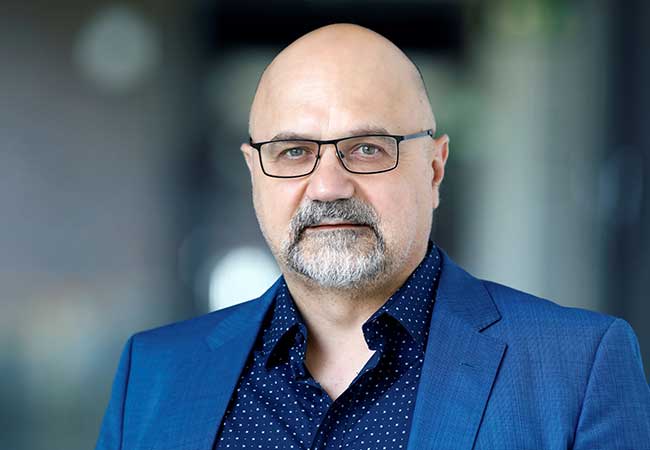
Every three years, the International Society on General Relativity and Gravitation hand-picks a few extraordinary scientists as Fellows, among them such famous personalities as Stephen Hawking and Nobel-laureate Roger Penrose. From now on, Luciano Rezzolla, professor for Relativistic Astrophysics at Goethe University Frankfurt, is among them. He has been honoured “for leading contributions to the development of robust numerical relativity simulations of astrophysical phenomena”, that is, the very same calculations that are necessary to predict the gravitational-wave signal from merging neutron stars or to produce the image of the Black Hole Sagittarius A* at the centre of our Milky Way.
Rezzolla is the first professor of a German university receiving this special honour. “I was clearly overjoyed to think that my contributions to gravitational physics have been so influential to be enlisted in this very selected group of fellows.” he says “I am very passionate about my research, so it is very gratifying when my peers acknowledge the hard work.” The ceremony took place on 8 July in Beijing. Unfortunately, Rezzolla was not able to attend personally: “It is a pity. But the fellowship is a big motivation to face all the difficulties that research and academic life inevitably bring.”
For the years to come, Rezzolla is focusing on the formation of heavy elements during the merger of neutron stars. As spokesperson of the research cluster ELEMENTS, a collaboration of Goethe University, TU Darmstadt, GSI, and JLU Gießen, he and a variety of physicists from different fields are searching for the origin of heavy elements such as gold and platinum in the universe.
Autor: Phyllis Mania








